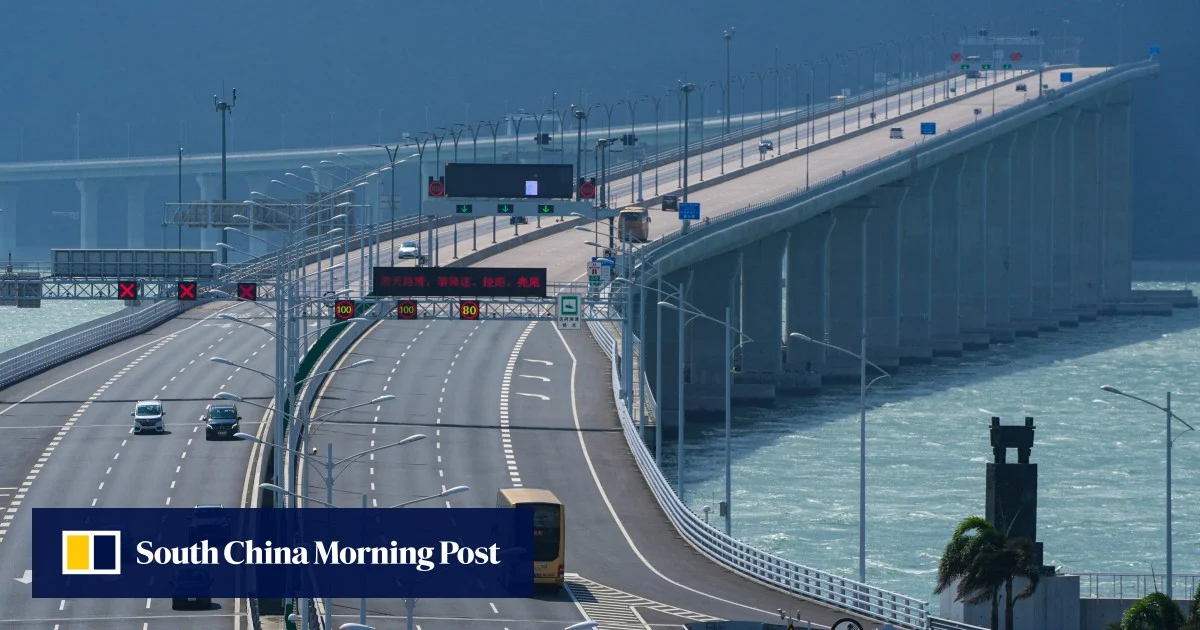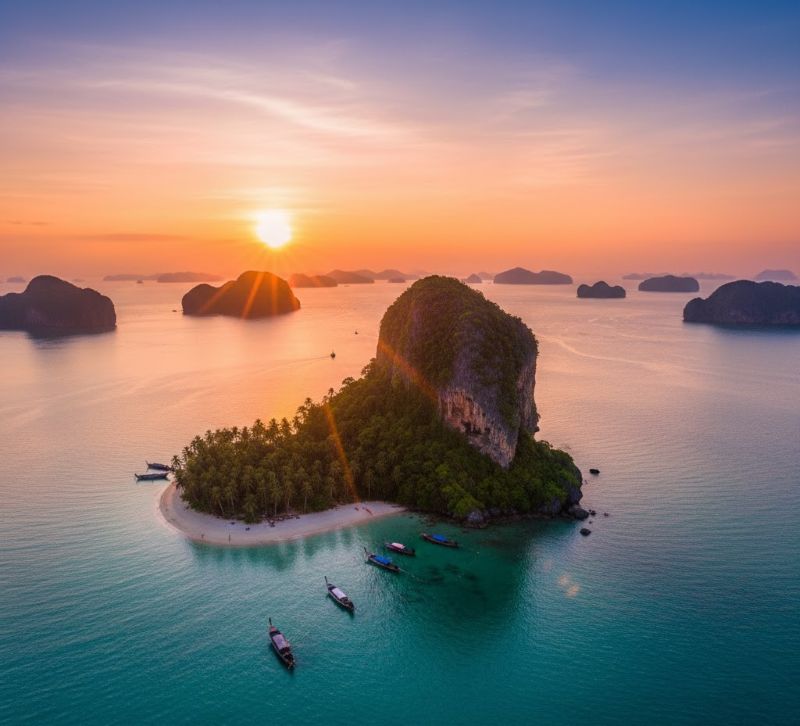Rumors about an impending natural disaster, sparked by an old comic book, have hit Japan’s tourism boom, leading some airlines to suspend flights to the country.
Hong Kong’s Greater Bay Airlines is one of them, announcing an indefinite suspension of flights to Tokushima on Wednesday.
This follows the viral spread of predictions linked to a manga depicting a catastrophic earthquake and tsunami, reportedly foreseen for July 2025, according to Japan Today.
Why It Matters
The downturn underscores how digital-era rumors can disrupt real-world economies by influencing consumer behavior—here, curbing a significant boom in Japan’s tourism sector.
Japan logged an all-time monthly high of 3.9 million travelers in April 2025 before arrivals fell in May, particularly from Hong Kong, where superstition over the manga’s forecast drove an 11 percent year-on-year drop, according to the most recent data cited by Japan Today.
What To Know
Steve Huen of Hong Kong-based EGL Tours said the warnings circulating on social media “had a significant impact,” halving his agency’s Japan bookings.
With tourism central to many regions’ economies, persistent fears threaten both travel patterns and business revenues, despite reassurances from scientists and even the manga’s creator.
Where the Trend Came From
The trend originated from a manga titled The Future I Saw by Ryo Tatsuki. First published in 1999 and re-released in 2021, the comic’s initial edition referenced a major natural disaster in March 2011—the month Japan endured a deadly earthquake, tsunami and nuclear disaster at Fukushima in Japan’s northeast.
Some readers now claim the latest edition predicts a new catastrophe specifically on July 5, 2025, sparking waves of alarm on social media in Hong Kong and neighboring Asian territories, Reuters reports.
AP
How Superstition and Social Media Amplified the Impact
In Hong Kong, where fears about the prediction gained the most traction, some agencies reported dramatic reductions in Japan-bound travel. Steve Huen of EGL Tours stated that bookings had halved, only sustained by steep discounts and the introduction of earthquake insurance.
“The rumors have had a significant impact,” Huen said.
Effect on Travel and Flight Cancellations
Greater Bay Airlines announced that it would suspend its service to Tokushima, western Japan, from September, citing insufficient demand. Other carriers signaled similar moves.
The trend was especially pronounced among travelers from Hong Kong, with Japanese government statistics confirming an 11 percent decrease in arrivals from the region in May compared with the previous year, according to Reuters.
Creator and Scientific Reaction
Ryo Tatsuki, the manga’s creator, issued a statement through her publisher denying she was a prophet and downplaying interpretations of her work. “I am not a prophet,” Tatsuki said.
Seismologist Robert Geller from the University of Tokyo told Reuters that even scientifically-based earthquake prediction was “impossible.”
“None of the predictions I’ve experienced in my scientific career have come close at all,” Geller said.
He emphasized accurate earthquake prediction remains scientifically impossible.
Japan’s Earthquake Risk in Context
Japan, positioned on the Pacific “Ring of Fire,” faces frequent seismic activity. Over 900 minor earthquakes have hit islands off Kyushu’s southern tip in recent days. However, scientific authorities stressed there is no credible basis for the July 2025 disaster forecast, according to Reuters.
Continued Demand and Adjustments
Despite the anxiety, some travelers continue to visit. Serena Peng, a Seattle resident visiting Tokyo, described having initial doubts after seeing online speculation but ultimately continuing with her trip.
“I’m not super worried right now, but I was before,” Peng said outside Tokyo’s Senso-ji temple.
What People Are Saying
Steve Huen, executive director of EGL Tours, said: “The rumors have had a significant impact…Japan-related business halve[d]. Discounts and the introduction of earthquake insurance…prevented Japan-bound travel from dropping to zero.”
Branden Choi, a traveler from Hong Kong, said: “If possible, I might delay my trip and go after September.”
University of Tokyo seismologist Robert Geller said: “None of the predictions I’ve experienced in my scientific career have come close at all.”
What Happens Next
Airlines and tour companies are expected to continue monitoring booking trends and adjust schedules as traveler sentiment evolves.
Japanese tourism officials and industry stakeholders have ramped up efforts to reassure visitors of their safety, emphasizing reassurances by scientists.


